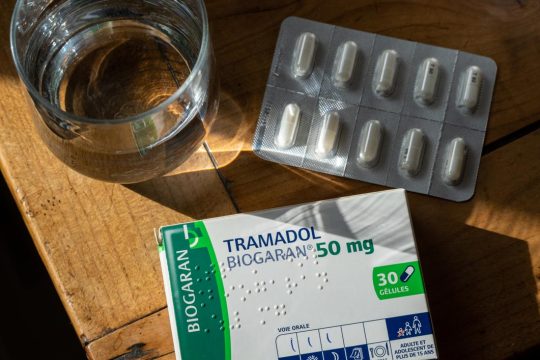Advertisment
Minerva Neurosciences announces results from phase III trial of roluperidone (MIN-101) for treatment of negative symptoms in schizophrenia.
Minerva Neurosciences, Inc., a clinical-stage biopharmaceutical company focused on the development of therapies to treat central nervous system disorders, announced that the Phase III trial of roluperidone to treat negative symptoms in schizophrenia did not meet its primary (reduction in PANSS Marder Negative Symptoms Factor Score or NSFS) and key secondary (improvement in the Personal and Social Performance Scale Total Score or PSP) endpoints.
The 64 mg and 32 mg doses were not statistically significantly different from placebo at Week 12 on the primary endpoint, the PANSS Marder Negative Symptoms Factor Score (p ?0.064 and 0.259, respectively), or the key secondary endpoint, the Personal and Social Performance Scale Total Score (p ?0.021 and p ?0.542, respectively).Roluperidone separated from placebo on both primary and key secondary endpoints at Weeks 4, 8 and 12 .
Trial parameters and top-line results ;In total, 515 patients were enrolled into the trial, and 513 patients received treatment and were included in the safety and Intent-To-Treat population. The trial was conducted in the USA, Europe and Israel. There were 172 patients who received placebo, 172 patients who received roluperidone 32 mg, and 171 patients who received roluperidone 64 mg. Demographic and baseline disease characteristics were comparable across all treatment arms.
The results for both roluperidone doses versus placebo across both the primary and the key secondary endpoints to Week 12 were corrected for multiplicity using the truncated Hochberg procedure.The primary objective of the trial was to evaluate the change from baseline to Week 12 of NSFS with 32 mg and 64 mg doses of roluperidone compared to placebo in patients diagnosed with schizophrenia presenting with moderate to severe negative symptoms. Neither the 32 mg nor 64 mg dose of roluperidone showed a statistically significant separation from placebo (32 mg: p ?0.256, effect size [ES]=0.1; 64 mg: p ?0.064, ES=0.2).
Furthermore, neither dose showed a statistically significant separation from placebo on the key secondary endpoint the change from baseline to Week 12 in PSP (32 mg: p ?0.542, ES=0.1; 64 mg: nominal p ?0.021, ES=0.3).Although limited inferences can be drawn from this data, unadjusted statistically significant separations from placebo were observed in NSFS at Week 4 for both doses (32 mg: nominal p ?0.036, ES=0.2; 64 mg: nominal p ?0.007, ES=0.3), and at Week 8 for the 64 mg dose (nominal p ?0.027, ES=0.3), and the 64 mg dose was statistically significantly different from placebo as measured by change in PSP at all other assessment timepoints (Week 4, nominal p ?0.005, ES=0.3; Week 8: nominal p ?0.018, ES=0.3).Overall, subgroup analyses by region (USA and rest of the world) and by age groups were similar.
Roluperidone was generally well tolerated, and the incidences of patients who reported treatment?emergent adverse events over the duration of 12 weeks of treatment were 37% for the 64 mg group, 42% for the 32 mg group, and 33% for placebo. Only 42 patients discontinued from the study due to adverse events, 16 (9%) in 64 mg arm, 18 (10%) in 32 mg arm, and 8 (5%) in placebo arm. Two treatment-unrelated deaths were reported in the 32 mg treatment arm.
“As someone who has spent his career studying everyday functioning in schizophrenia, I see disability as the most important treatment target for people with schizophrenia,” stated Philip Harvey, Ph.D., Leonard M. Miller Professor of Psychiatry and Director of the Division of Psychology at the University of Miami Miller School of Medicine. “The substantial improvements in the PSP scale with the 64 mg dose are tremendously encouraging. These study results represent a very important outcome in a study of a potential treatment of negative symptoms, one of the most important drivers of everyday disability and a critical unmet medical need for patients with schizophrenia. The consistency in treatment effects, in terms of overall negative symptoms and of the most important subtype, reduced emotional experience, between the previous Phase IIb study and the current one is encouraging. The increased placebo effect from the first to second study seems to be the only reason that the study did not meet its primary endpoint.”





